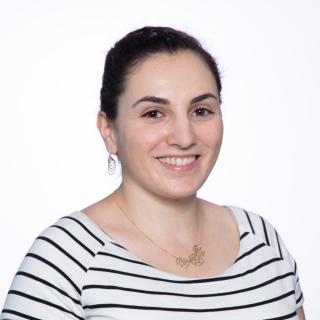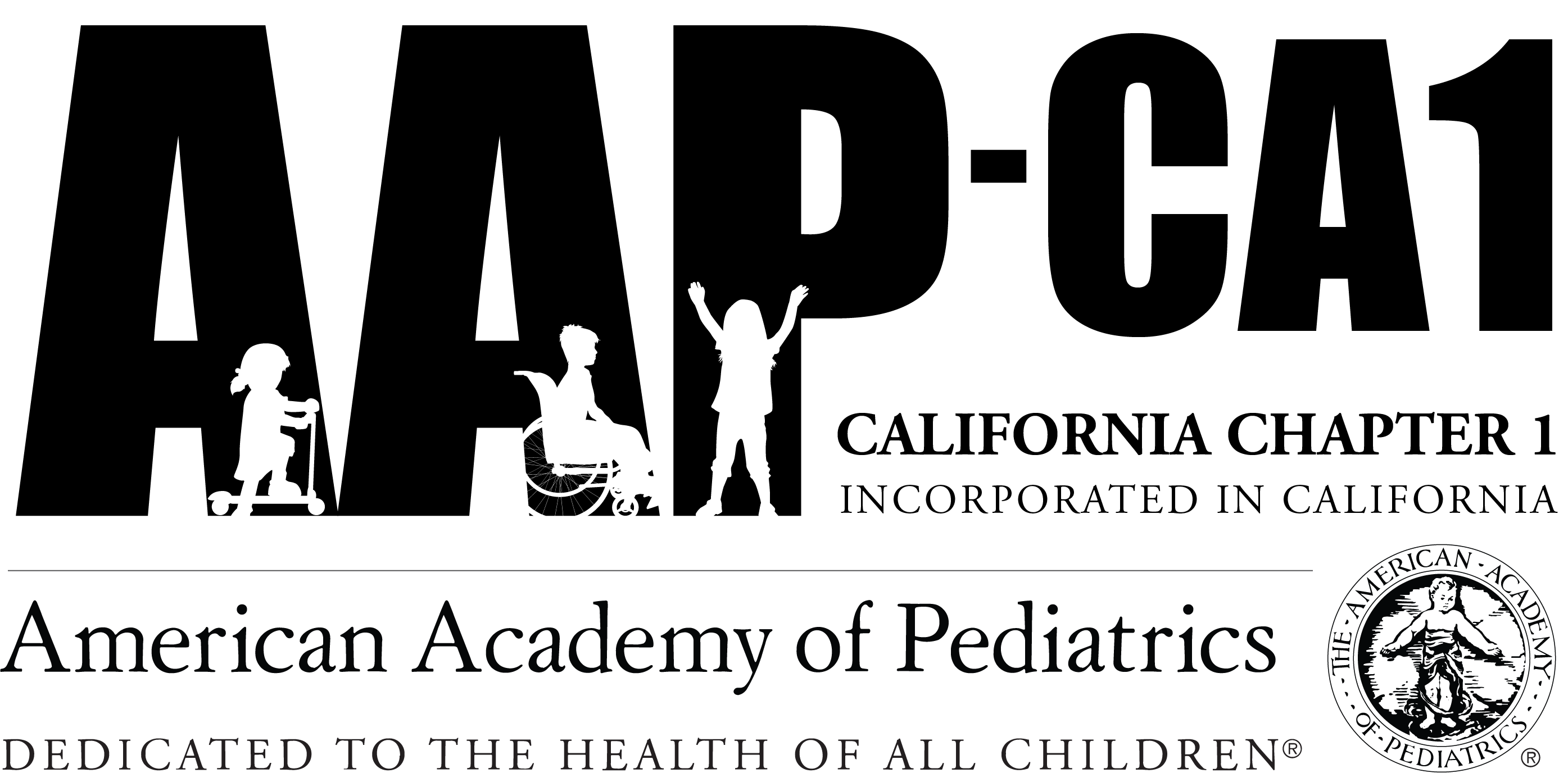What’s Up Docs? Article
Ruzan Orkusyan, MD, MPH
Posted November 4, 2021
 I was on vacation, enjoying a hot summer day at the community pool. I had hoped to unplug from work and turn off my pediatrician brain. My 10-year-old cousins begged to go to the jacuzzi and I reluctantly joined them. What happened next has prompted me to think about our obligation as pediatricians to educate and advocate for child health and safety on and off the clock, especially in these unprecedented times when well child checks have been deferred and routine anticipatory guidance has had to take a backseat to discussions surrounding the physical and mental health impacts of the pandemic.
I was on vacation, enjoying a hot summer day at the community pool. I had hoped to unplug from work and turn off my pediatrician brain. My 10-year-old cousins begged to go to the jacuzzi and I reluctantly joined them. What happened next has prompted me to think about our obligation as pediatricians to educate and advocate for child health and safety on and off the clock, especially in these unprecedented times when well child checks have been deferred and routine anticipatory guidance has had to take a backseat to discussions surrounding the physical and mental health impacts of the pandemic.
Two toddlers came running up to the jacuzzi, first walking along the slippery perimeter and eventually jumping in. No adults in sight! They were wearing inflatable armbands and seemed to know how to swim, but I was shocked and honestly angry that there was no one supervising these young children. Of all the adults at the pool that afternoon, no one seemed to be responsible for these two, no one was aware that they had made their way to the jacuzzi, unaccompanied.
My mind flashed to the half dozen children I’ve taken care of following near drowning and drowning accidents. The fear and the pain of losing your child, having to make the agonizing decision to withdraw care when your child is pronounced brain dead, contemplating organ donation – I have sat and cried with families who have gone through these trials. The weight and trauma of these experiences have reminded me to teach families about water safety in the clinic. But what about those times when we don’t have our badge and stethoscope, when we are on vacation or simply off work? What is our obligation to speak up then?
After about ten minutes in the jacuzzi, the two kids left. I followed closely behind; pediatrician brain turned on at this point. They made their way to the pool, where they were reunited with their parents, who remained unaware that the kids had been in the jacuzzi by themselves. As I stood watching them, I thought about talking to the parents, letting them know what had happened, and discussing the importance of direct supervision when kids are in any body of water. I went through the script in my head, the one I give families about water safety during well child visits. But ultimately, I stayed silent.
I regret not speaking up and I think part of me was angry with myself for not advocating for the children in this community. It felt irresponsible. In reflecting on this experience, I’ve gained compassion for the adults involved, including myself. But while as physicians we learn to draw boundaries between work and personal life, I believe that as pediatricians, our duty to advocate for children and advance child health extends beyond the clinical realm. Our responsibility to protect children and fight for their health does not end when we leave our clinic or hospital. So next time you witness injustice or unsafe behaviors like an unsupervised child in the pool or a kid riding a bike without a helmet, I urge you to speak up, start a conversation, and partner with families in your community. Now more than ever, we need to adapt and customize our practices and perhaps finding our community voice can be part of the transformation.
Read more What’s Up, Docs? Articles
